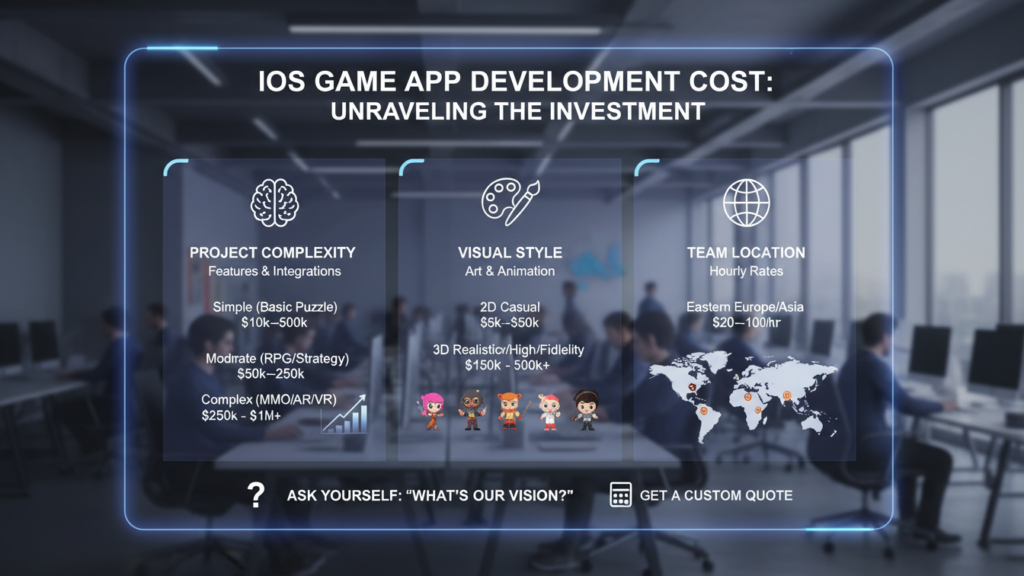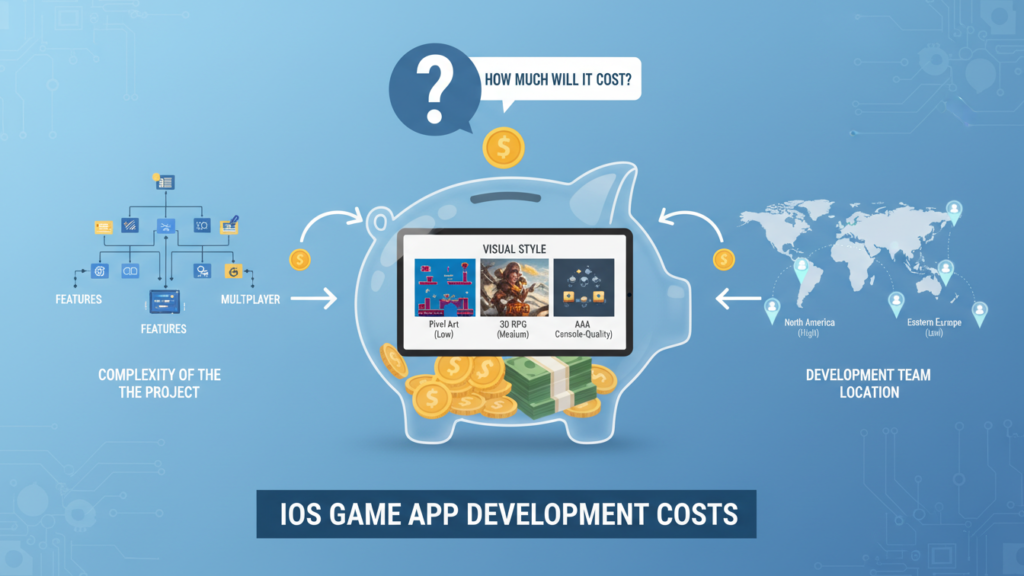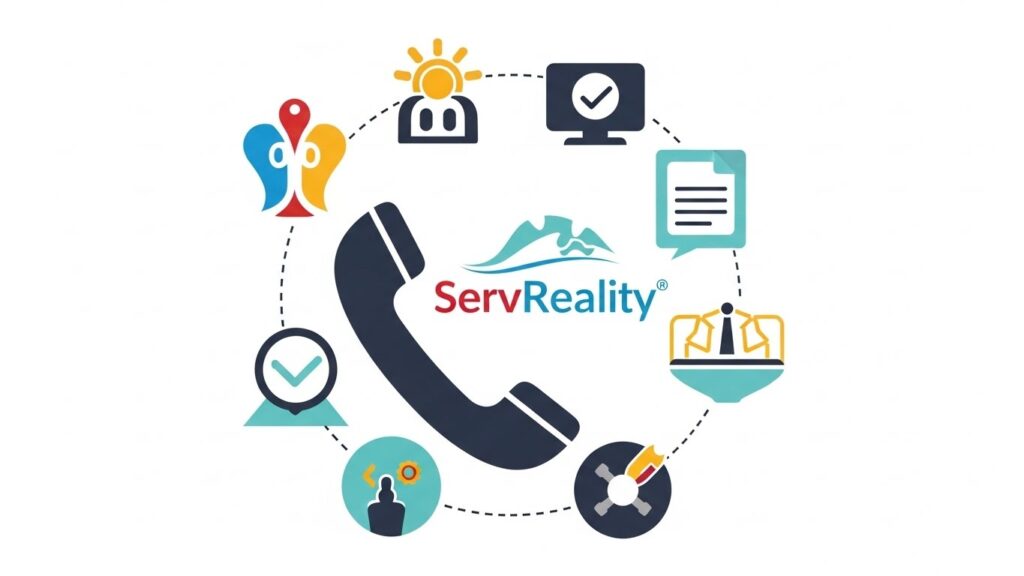App development is a rapidly growing industry that requires specialized skills and knowledge. As an app developer, your role involves designing, developing, and maintaining mobile applications for various platforms. In this guide, we will explore the key responsibilities and roles of app developers, including their tasks, challenges, and best practices.
Section 1: Understanding the Roles of App Developers
App development requires a diverse set of skills, including programming, design, and testing. The following are some common roles of app developers:
1.1 Front-end Developer:
Front-end developers are responsible for designing and developing the user interface of an application. They use HTML, CSS, and JavaScript to create visually appealing and intuitive interfaces that enhance the user experience. They work closely with designers to ensure that the UI is consistent with the brand guidelines and meets the user’s needs.
1.2 Back-end Developer:
Back-end developers are responsible for creating the server-side components of an application. They use programming languages like Java, Python, and Ruby to build databases, manage user authentication, and handle data processing tasks. They work closely with database administrators to ensure that the data is secure and stored efficiently.
1.3 Full-stack Developer:
Full-stack developers have skills in both front-end and back-end development. They can design, develop, and maintain the entire application, from the user interface to the database. They work closely with project managers, designers, and testers to ensure that the application meets the requirements and is delivered on time and within budget.
1.4 Mobile Developer:
Mobile developers specialize in developing applications for mobile devices like smartphones and tablets. They use programming languages like Swift and Java to create native or cross-platform applications that are optimized for mobile screens. They work closely with designers and testers to ensure that the application is visually appealing, easy to use, and performs well on mobile devices.
Section 2: Key Responsibilities of App Developers
The key responsibilities of app developers vary depending on their role and the type of application they are working on. However, there are some common tasks that all app developers need to perform effectively.
2.1 Understanding User Needs:
App developers must have a deep understanding of user needs and requirements. They need to be able to translate these requirements into functional specifications that guide the development process. They work closely with project managers, designers, and testers to ensure that the application meets the users’ needs and is easy to use.
2.2 Designing and Developing User Interfaces:
App developers are responsible for designing and developing the user interface of an application. They need to create interfaces that are intuitive, visually appealing, and easy to use. They work closely with designers to ensure that the UI is consistent with the brand guidelines and meets the users’ needs.
2.3 Writing Clean and Efficient Code:
App developers must write clean and efficient code that adheres to coding standards and best practices. They need to ensure that their code is easy to read, maintain, and understand. They use debugging tools like Xcode and Android Studio to identify and fix bugs in their code quickly.
2.4 Testing the Application:
App developers must test the application thoroughly to ensure that it works as expected and is free from bugs and errors. They write unit tests and integration tests to ensure that the application meets the requirements and is delivered on time and within budget.
2.5 Collaborating with Team Members:
App developers must collaborate effectively with team members, including project managers, designers, testers, and other developers. They need to communicate clearly and efficiently to ensure that everyone is working towards the same goal. They use version control tools like Git to keep track of their code changes and ensure that everyone is working on the latest version.
Section 3: Challenges Faced by App Developers
App development can be challenging due to several factors, including:
3.1 Keeping up with Technological Advancements:
The technology landscape is constantly evolving, and app developers need to keep up with these changes to remain competitive. They need to learn new programming languages, frameworks, and tools to stay current with the latest trends and best practices.
3.2 Ensuring Security and Privacy:
Apps that handle sensitive data, such as financial or personal information, must be secure and comply with privacy regulations like GDPR. App developers need to ensure that their applications are secure and protect user data from unauthorized access or theft.
3.3 Optimizing Performance:
Apps must perform well on different devices and operating systems, including low-end devices with limited resources. App developers need to optimize the performance of their applications to ensure that they run smoothly and provide a good user experience.
3.4 Meeting User Needs and Expectations:
Users have high expectations for apps, and app developers need to meet these needs to remain successful. They need to design and develop applications that are easy to use, visually appealing, and provide value to the users.
Section 4: Best Practices for App Developers
To succeed in app development, it’s essential to follow best practices that promote efficiency, maintainability, and quality. The following are some of the best practices for app developers:
4.1 Use Version Control:
Version control is a powerful tool that helps app developers manage code changes and collaborate effectively with team members. They should use version control tools like Git to keep track of their code and ensure that everyone is working on the latest version.
4.2 Follow Coding Standards:
App developers should follow coding standards and best practices to ensure that their code is easy to read, maintain, and understand. They should use naming conventions, commenting techniques, and code formatting guidelines to improve the quality of their code.
4.3 Write Tests:

Testing is an essential part of the app development process. App developers should write unit tests and integration tests to ensure that their code works as expected and is free from bugs and errors.
4.4 Use Debugging Tools:
Debugging tools can help app developers identify and fix bugs in their code quickly. They should use debugging tools like Xcode and Android Studio to debug their code and improve the user experience.
4.5 Keep Learning and Stay Current:
App development is a rapidly evolving field, and it’s essential for app developers to keep learning and staying current with the latest trends and best practices. They should attend conferences, read industry blogs, and participate in online communities to stay up-to-date on the latest developments.
Summary:
App development is a complex and challenging field that requires specialized skills and knowledge. As an app developer, your role involves designing, developing, and maintaining mobile applications for various platforms. By understanding the key responsibilities and roles of app developers, you can succeed in this industry and contribute to creating high-quality, user-friendly apps. Remember to follow best practices, keep up with technological advancements, and collaborate effectively with team members to ensure that your apps meet the needs of the users and are secure and performant.



